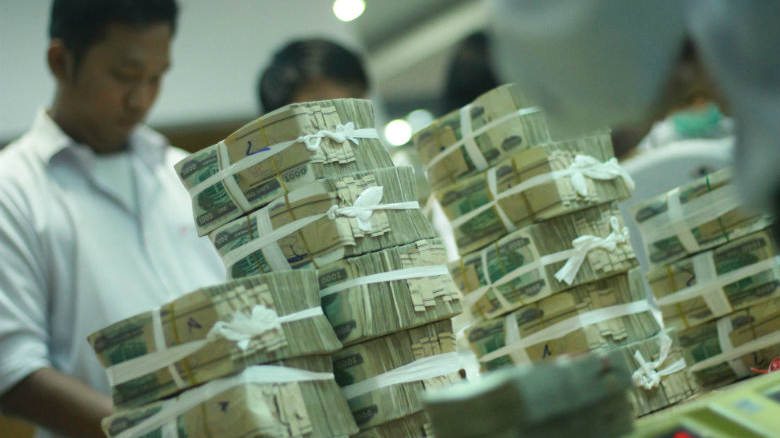Criminals use different channels to conceal money gained from illegal activities, such as corruption, illegal logging, wildlife trafficking, smuggling and tax evasion.
Not only do these activities generate high illicit proceeds, they also contribute to a country’s loss of revenue and negatively affect governance, the environment and tourism.
To counter this problem, countries are increasingly starting to examine the risk such criminal activities pose to their jurisdictions and to understand how to mitigate it. When a country understands its money laundering/terrorist financing (ML/TF) risks -- concealing and moving of criminal proceeds -- the government can focus its human and financial resources to effectively combatting it.
At a recent workshop in Busan, Korea, 44 officials from law enforcement agencies, supervisory agencies, and other stakeholders from the Association of South East Asian Nations (ASEAN) countries and Timor-Leste discussed how to curb dirty money through a risk-based approach to combating illicit financial flows.
Countries shared progress they’re making in implementing their respective country action plans to combat illicit financial flows, which are based on national risk assessments.
A national risk assessment is a framework designed to prevent money laundering and combat terrorist financing (ML/TF) by targeting resources where they will have most impact. This approach is in line with the international standards of the Financial Action Task Force (FATF), which recommends that countries identify, assess and understand ML/TF risks within their jurisdiction, and then take action and apply resources to mitigate them.
“Some criminal activities are more important than others in terms of the profits generated,” said Stuart Yikona, Senior Financial Sector Specialist, Finance & Markets Global Practice, World Bank Group.
“On the public sector side, having such an understanding enables the competent authorities to pay attention to high profile crimes, go after high profile criminal networks and recover large sums of criminal proceeds.”
On the private sector side, the national risk assessments enable banks, real estate agents and securities players to better understand the nature of suspicious financial transactions to which they should pay attention.
Since 2012, the World Bank has been providing advisory support to a number of ASEAN countries in carrying out the national risk assessments based on a National Money Laundering and Terrorism Financing Risk Assessment Tool, which the Bank developed.
“The tool provides a systematic approach to analyze the country’s money laundering and terrorist financing threats and vulnerabilities” said Ms. Maria Jose de Jesus Sarmento, a delegate from Timor-Leste. “We also benefit from the World Bank’s technical knowledge and capacity building trainings which not only involve the central bank and the financial intelligence unit, but also law enforcement authorities and compliance officers.”
Participants appreciated how practical the workshop was. “This is not a kind of workshop where you just listen to theories,” said Ms. Sam-Ath Say, a delegate from Cambodia. “It’s really a place where you talk about your own experience since each country is at a different stage. Having everyone come to the same table allows us to share what the problems and achievements are.”
Workshop participants learned what other countries are doing in their jurisdictions to combat dirty money, and discussed how to enhance regional cooperation to combat cross-border criminal activities, such as illegal logging and wildlife trafficking.
Fostering a regional collective action to tackle underlying criminal activities and financial flows remains a challenge for participating countries. In an effort to help countries spur collective action, the World Bank proposed creating a risk tool to map corridors through which dirty money and goods move. However, delegates indicated that a high level commitment from policy makers would be required to carry out a cross-border corridor risk assessment.
“The workshop highlighted that building trust and confidence among the countries is the first line of defense in the fight against money laundering and terrorist financing,” said Sameer Goyal, Program Manager of the World Bank’s Seoul Center for Financial Sector Development.
“We look forward to closer cooperation with client countries and partners such as Government of Korea in promoting financial integrity within the ASEAN region.”
The workshop took place between March 27 and 30, 2017 and was organized by the World Bank Group with financial support from the Government of Korea.

